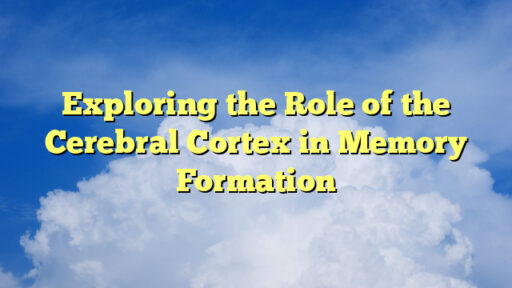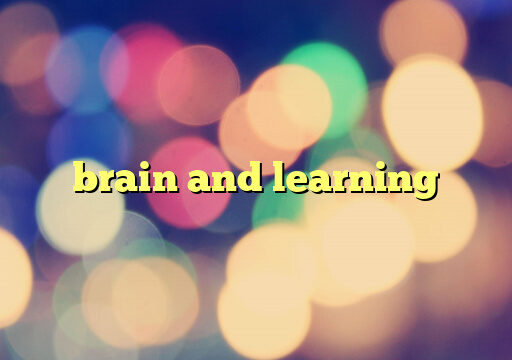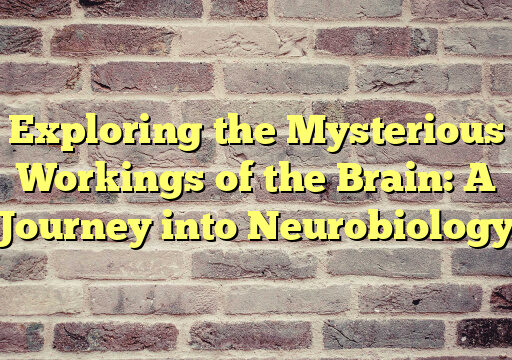The cerebral cortex, the outer layer of the brain responsible for higher cognitive functions, plays a crucial role in memory formation. It is divided into four lobes – the frontal lobe, parietal lobe, temporal lobe, and occipital lobe – each with specific functions related to memory processing.
Frontal Lobe
The frontal lobe is involved in working memory, which is the ability to hold and manipulate information in the mind over short periods of time. It also plays a role in encoding episodic memories, which are memories of specific events or experiences.
Parietal Lobe
The parietal lobe is involved in spatial memory, which is the ability to remember the spatial layout of one's environment. It also plays a role in episodic memory retrieval, allowing us to recall past events and experiences.
Temporal Lobe
The temporal lobe is home to the hippocampus, a structure critical for the formation of new memories. The hippocampus plays a key role in consolidating short-term memories into long-term memories and is essential for forming declarative memories, which are memories of facts and events.
Occipital Lobe
The occipital lobe is primarily involved in visual processing, but it also plays a role in memory formation. The visual cortex in the occipital lobe helps us remember visual information, such as faces and objects.
Role of the Cerebral Cortex
Collectively, the four lobes of the cerebral cortex work together to form and store memories. The frontal lobe helps us hold and manipulate information, the parietal lobe helps us remember spatial layouts, the temporal lobe forms new memories, and the occipital lobe helps us remember visual information.
Conclusion
The cerebral cortex plays a critical role in memory formation, with each lobe contributing to different aspects of the process. Understanding how the different regions of the cerebral cortex work together to form and store memories can provide valuable insights into memory disorders and potential treatments.
FAQs
What happens if the cerebral cortex is damaged?
If the cerebral cortex is damaged, it can lead to memory problems and cognitive impairments. Damage to specific lobes of the cerebral cortex can result in difficulties with working memory, spatial memory, and episodic memory.
Can memory formation be improved?
While the process of memory formation is complex and not fully understood, there are some strategies that may help improve memory. These include getting enough sleep, staying physically active, engaging in mental exercises, and eating a healthy diet.
How can memory disorders be treated?
Treating memory disorders often involves a combination of medications, therapy, and lifestyle changes. Depending on the specific disorder, doctors may prescribe medications to improve memory function, recommend cognitive-behavioral therapy, or suggest memory exercises and techniques.
Unlock Your Mental Potential




